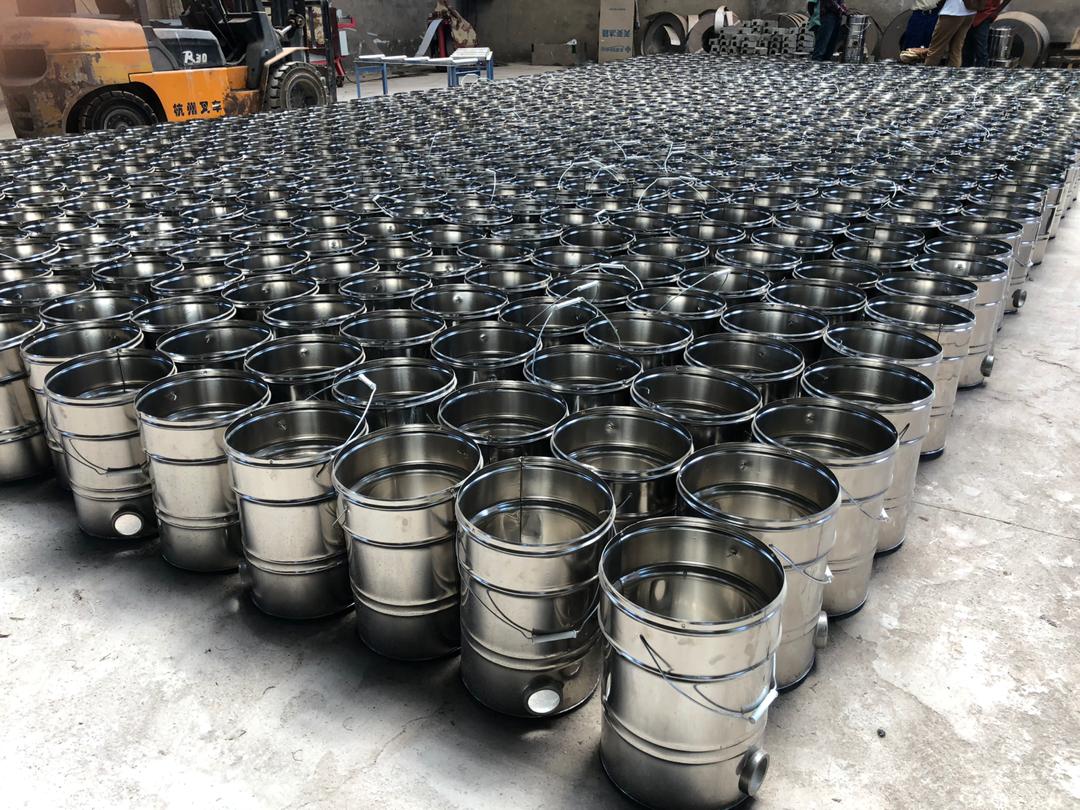By Joyce Mukucha and Anyway Yotamu
The China Industrial International Group (CIIG) has introduced a new cooking Safe, Economical, Environmental, Convenient and Innovative (SEECI) coal stove as a way of easing power outages and economical challenges that are currently affecting Zimbabwe.
Briefing journalists during a media tour in Harare last week, the CIIG chief executive officer Nie Hai Hang said the target was to set the project in all ten provinces dotted around the country and urged citizens to embrace the development.
“This is a development that Zimbabweans should embrace to escape gas and electricity encounters. Our aim is to ease the household backlog affecting the nation in as much as energy is concerned. There is an energy crisis in Zimbabwe; there are serious power shortages and gas is completely imported which is too expensive. We realise that this coal concept equipment has cost advantage that is linked to its caloric value as compared with other forms of energy such as LPG gas and electricity,” he said.
The Seeci stove, he said also came in as a solution to rampant deforestation, especially in the rural areas.
According to statistics, more than 60% of the rural population use firewood for cooking.
Wonder Mafunda, the Project Specialist alluded that the adverse effects of deforestation will invisibly change Africa as a whole following that ecological balance is being destroyed.
“As a result of continuous cutting down of trees, river siltation, erosion, land desertification, now occur thus the new concept investment is aimed attending that and bridging the gap of energy shortage without cutting down of trees,” he said.
Mafunda said, the combustion-cooking equipment uses less energy and is convenient since coal is a local natural resource and easy to access.
The stove had a two-year guarantee and cheaper having currently been priced at $300.
Over 20 years, the concept has been widely used in Asia.
The emission of smoke has less impact as compared to carbon produced in industries therefore, the environmental damage is limited.
